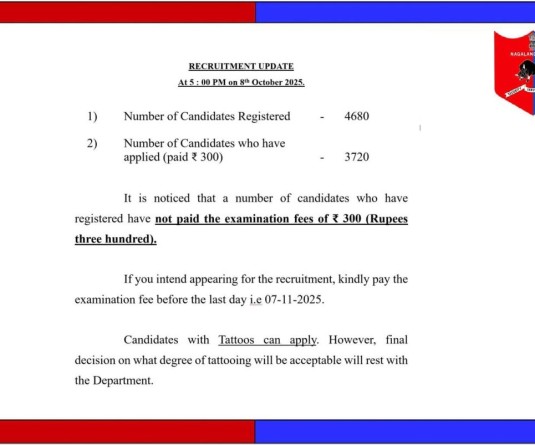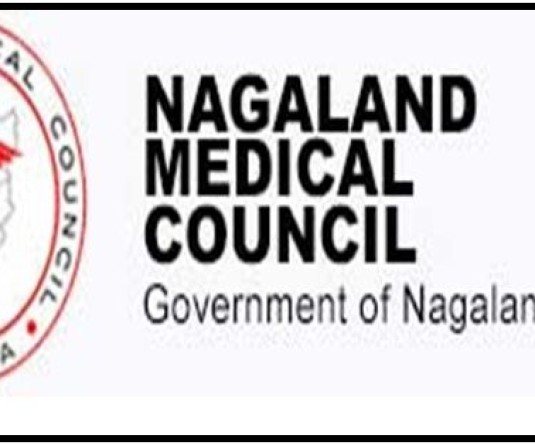
Four years of confidentiality now out in the open
Morung Express News
Dimapur | February 22
It was attempted before and it is being attempted again. But this time, the Nagaland state government appears all psyched up and determined to affect review of the contentious Nagaland Liquor Total Prohibition (NLTP) Act, 1989.
As per the latest information, the government would push for review beginning with tabling a proposal at the upcoming Assembly Budget Session in March.
Before that, as reported by a local daily, there is what is assumed to be a crucial joint consultation scheduled on February 24 with the Nagaland civil society organizations, including the influential tribal bodies, church and student organizations. In the list of invitees are 16 organisations, prominent among which are the Nagaland Baptist Church Council (NBCC), Naga Hoho, Eastern Nagaland People’s Organisation, Naga Students’ Federation, Central Nagaland Tribes Council, Naga Mothers’ Association, Angami Public Organisation besides others.
It will however not be the first time for the Committee, instituted by the state government specifically for the purpose, meeting civil stakeholders with regard to the NLTP.
The Committee has already met the organizations, albeit, one at a time. The last such meeting took place on February 7. It was with the NBCC.
To rewind the steps, work had already started rolling in 2018, the year Neiphiu Rio returned as the Chief Minister. The Committee, to study the possibility of reviewing the NLTP, was formed in the latter part of 2018. It was a highly guarded affair with only the Cabinet and a few top bureaucrats and senior officers of the Excise & Prohibition Directorate, reportedly, let in on the plan.
By early 2019, a select team of Excise officials were sent out to study the effects of government regulation on alcohol. The team went to Telangana, Mizoram and Assam. The study reports were submitted the same year. Meanwhile, the Health & Family Welfare Department, including the Food Safety Cell, submitted reports as tasked by the Committee.
The secrecy surrounding the plan has largely been attributed to earlier failed bids. Attempts made by the government in the past met premature deaths, reportedly, owing to leaking of information early on.
Meanwhile, two options have been proposed for implementation, if at all the state government can withstand opposition to opt for “partial Prohibition,” styled on the now revoked Mizoram Liquor (Prohibition and Control) Act, 2014. The options include legalising within municipal town limits or district-wise.
According to one government source, “We know the mood of the people. The general sentiment of the people over the years has tilted in favour of a review. It’s being debated widely, especially on open social platforms online. There has to be change, it is high time.”
“The stakes are high. They are willing to take the risk,” the source said.






